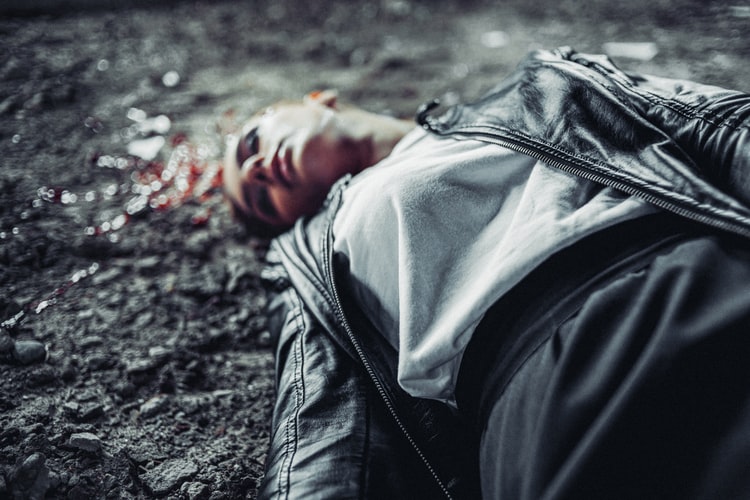An HC Judge from Madhya Pradesh argues that due to Juvenile Justice Act, it is impossible to punish delinquents below the age of 16. This happens while rejection for the bail for a 15-year-old juvenile, who is accused of raping a 10-year old girl. The judge mentioned that the legislature had not learned anything from the past Criminal Cases like the nirbhaya case, where one rapist is under 18 years of age. This situation has triggered the JJA Amendment Act 2015, which allows the trial of a juvenile over 16 years of age. Juvenile justice boards examine and evaluate them physically and mentally for the result of the crime. If they are founded guilty, they will be sent to jail after they reached 21.
In parliamentary debate, not a single MP raised their voice for this crime. No justice will be offered, and the victim and her family will be suffered if the criminal gets a punishment of living three years in a special home.

But the situation is off balance as for now. If a juvenile is founded guilty of any evil crime or offense, he will be treated the same as those in the 16-18 years of age group. Someone, less than 16 years must be trialed through a thorough process. Parliament should make some exceptions in the JJA Amendment Act 2015 for extreme criminal offenses. Also, the act should be analyzed and written with care. And severe and heinous crimes should be defined correctly to reduce subjectivity.
Another concern is the special home, where juveniles are trialed. The houses where juveniles face the trials are is a place for their safety? This is in doubt. If a juvenile has committed any serious crime and is placed in a special home, that means justice has not been served to the victim. If there are any changes in the JJA Amendment act, this point should be must be taken into consideration to ensure proper justice to the victim. The punishment should commensurate with the gravity of the crime for equality and justice.
